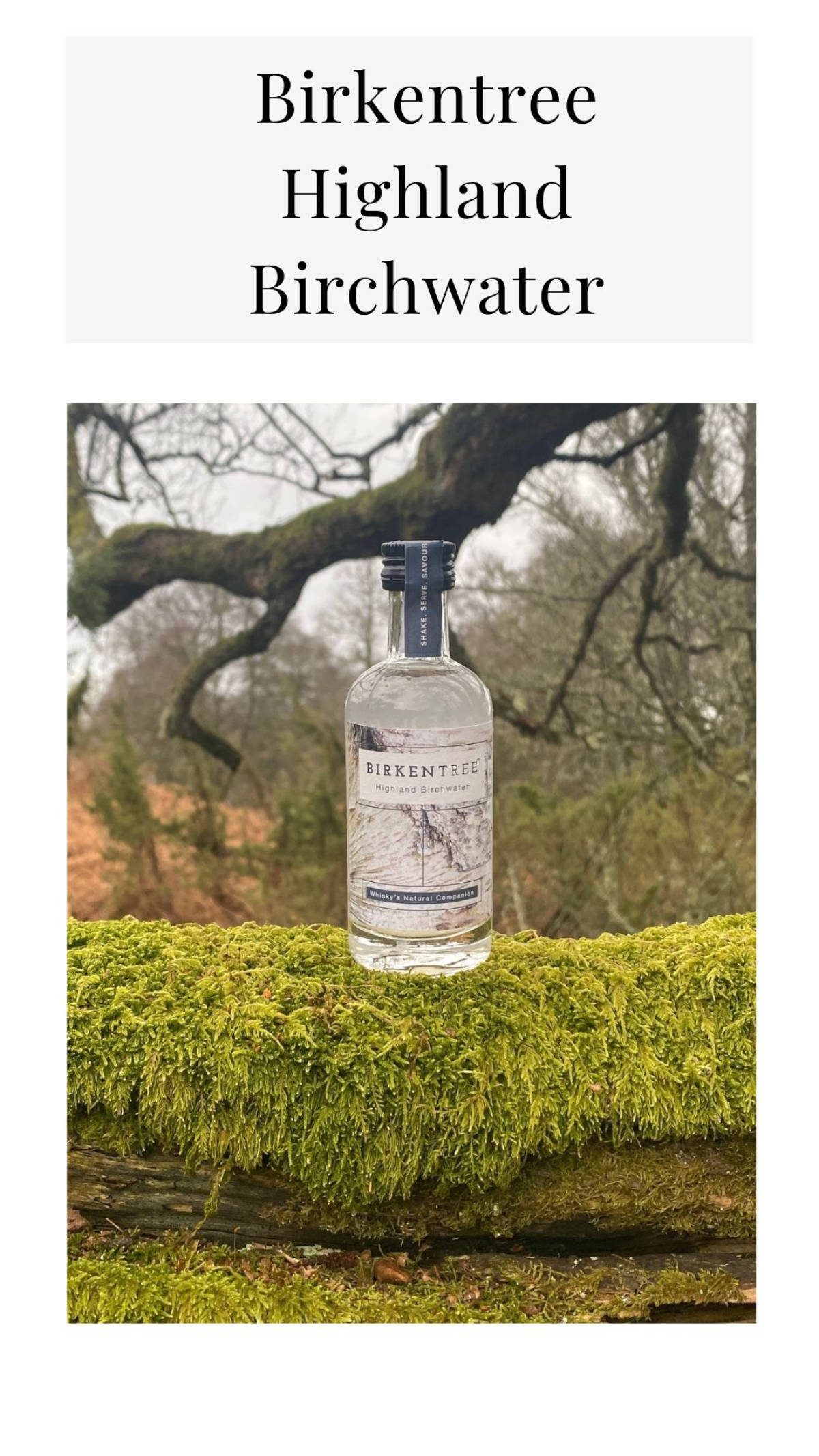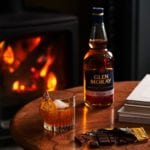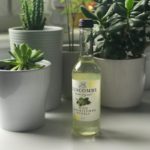Behind the scenes with Birkentree, tasting whisky’s natural companion
We have seen birch water on our travels, mainly in the Baltic states but did you know you can buy Scottish birch water that is collected every March in Perthshire? Read on to find out more about Birkentree and birch water.
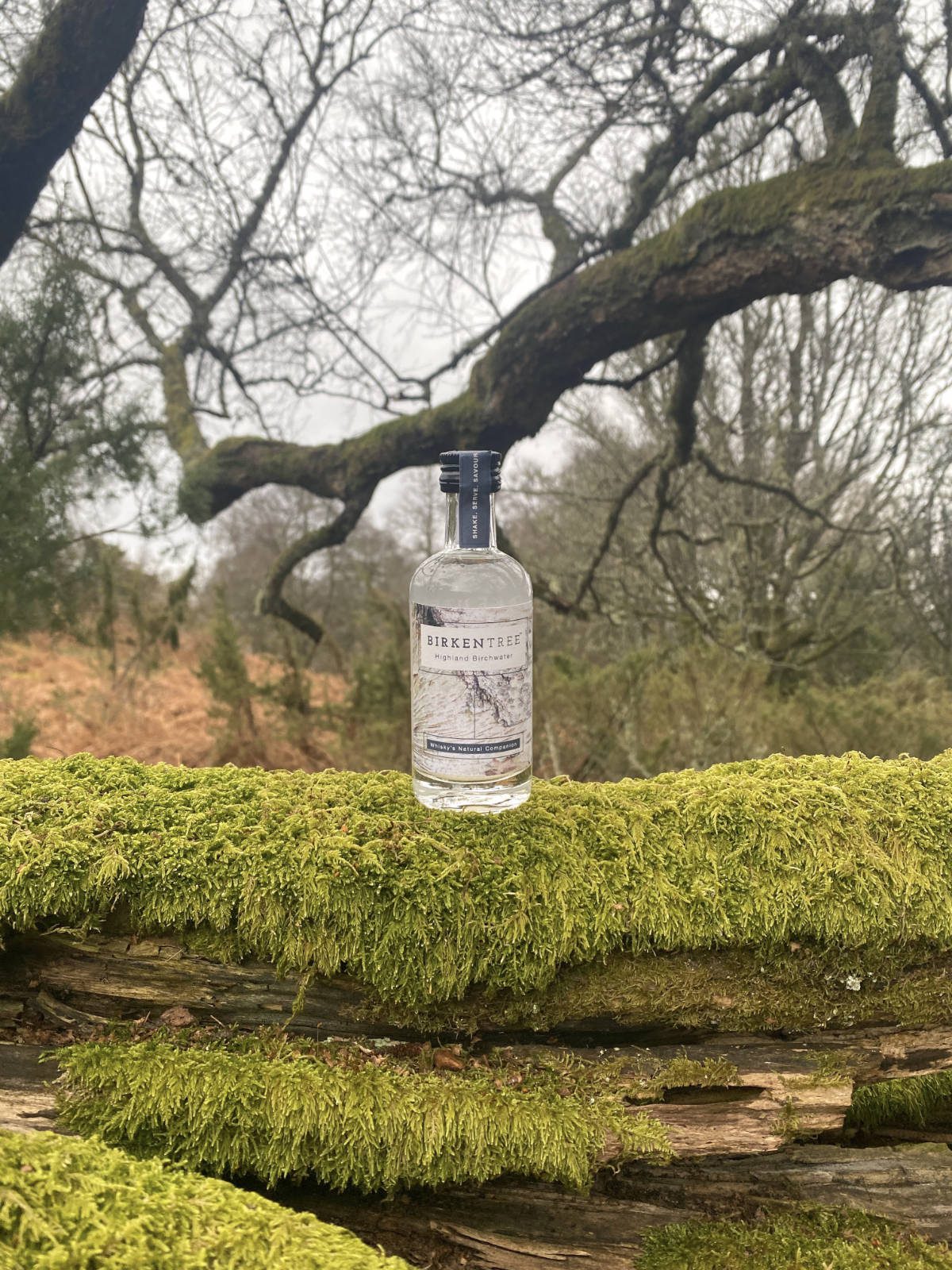
What is birch water?
Despite the name, birch water is not water but it is a clear odourless liquid. Birch water is the name given to the sap from the birch tree. It is 100% tree sap so isn’t watered down. Over the winter birch trees conserve nutrients which are released into the sap in the spring. This sap has been used to cure hangovers, boost the immune system and is generally a source for minerals and vitamins.
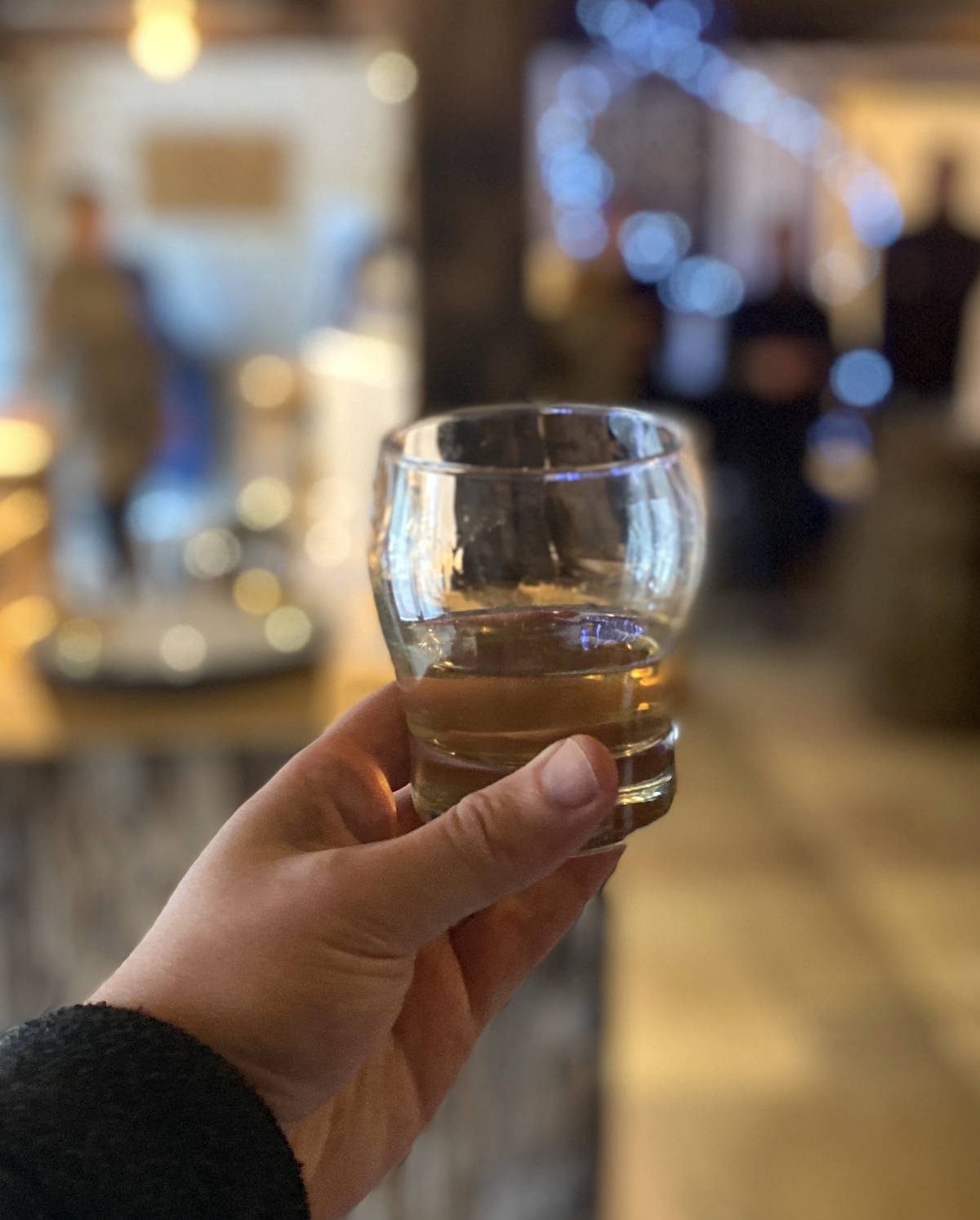
What does birch water taste like?
Birchwater has a slightly sweet taste but is low in sugar.
Why pair it with whisky?
It’s worth drinking on its own, however, when you mix birch water and whisky together, it doesn’t just dilute it like water, instead, it adds a subtly sweet flavour and smooth mouthfeel to highlight the flavours of the whisky.
Birch trees have existed in Scotland since the last ice age and birch water has been tapped for as long as 5,000 years.
Max McFarlane, Birkentree’s dedicated whisky expert, recommends that the optimum ratio is 50:50 and to serve the birch water slightly chilled and shaken vigorously ahead of opening.
The Birkentree Story
Birkentree, the Scots for birch tree, was created by four friends – Rob, Gabrielle, Elspeth and Euan, who saw a gap in the market for a natural mixer for whisky. Rob is a professional forester and his wife Gabrielle is a herbalist. So together they have an intimate knowledge of Scottish forestry which they utilise to tap the birch water from their birch trees.

How Birchwater is tapped
To get the birch water the trees are tapped. To do this, a small hole is drilled into the trunk on the north-facing side so that the sun won’t spoil it. You may be thinking that we don’t get much sun in Scotland in March but it’s not the heat that does the damage but rather the UV rays.
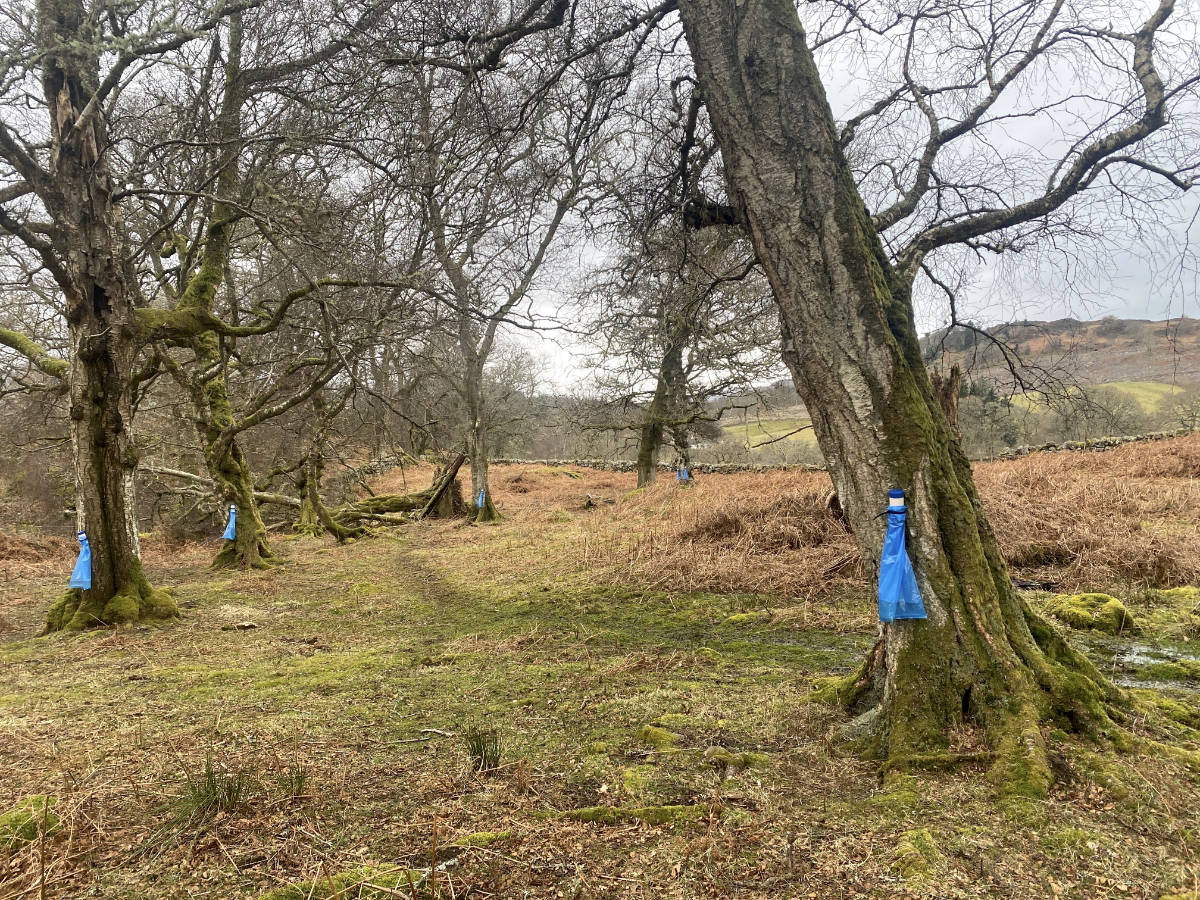
A bag with a tap is fixed to collect the liquid. This is the same principle as how maple syrup is harvested. The sap is carefully emptied every day over the short harvesting period, which only lasts around three weeks. This is only around 1 – 2% of the total sap but after three weeks it starts to become bitter rather than sweet. Once the harvest is done, the team re-plugs the small holes in the trees with birch wood.

They have around 100 trees in total, each producing five litres per day, which is the same yield as places in Eastern Europe with 1,000 trees. The oldest tree in the estate is 300 years old, and just like a mature whisky the older the root, the better the flavour. And if whisky spends all that time in wooden casks then surely that makes ‘tree juice’ the ideal whisky companion?

‘Once you go birken you don’t go back’ was said more than once on this visit and certainly, that’s how deer and sheep feel as they love to munch the leaves of birch trees, which incidentally can be used to make tea.
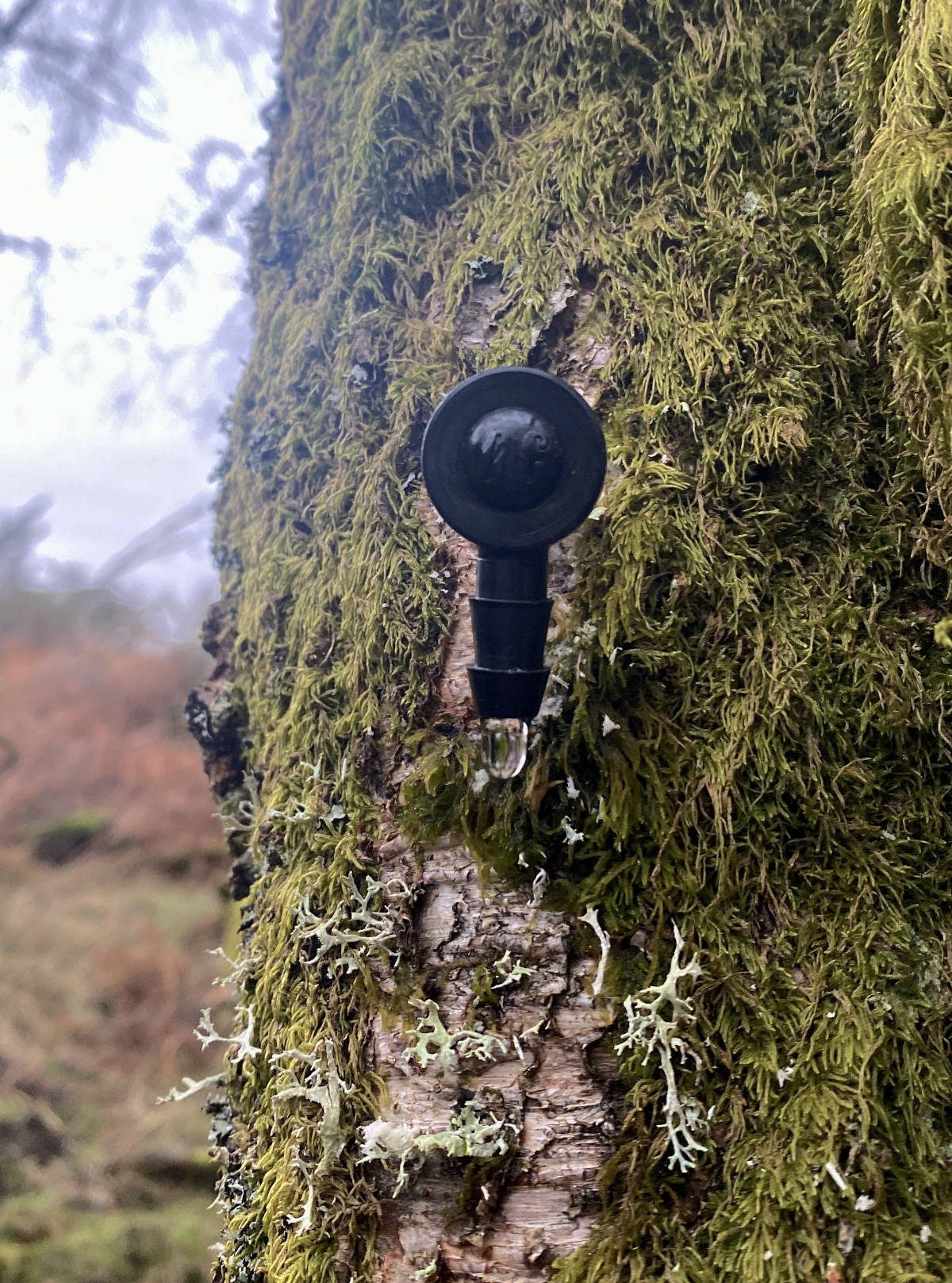
A bottle of Birkentree has a shelf life of a year and prices are from £5.95 per bottle with next-day delivery available to most UK postcodes.
Birch also coexists with juniper so who’s to say that it doesn’t also elevate gin in place of tonic? There’s only one way to find out…
Where to buy
